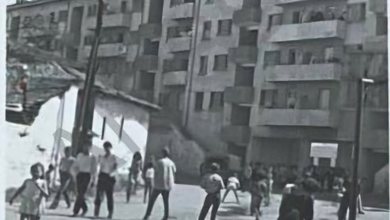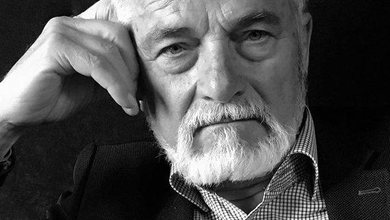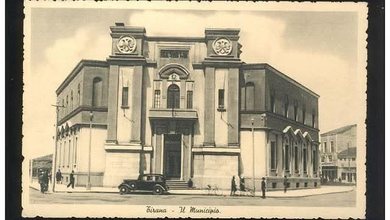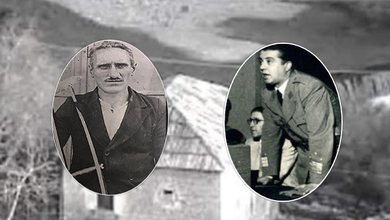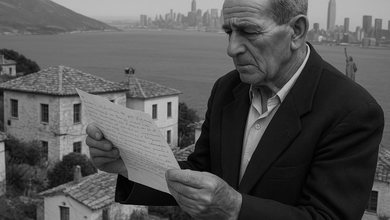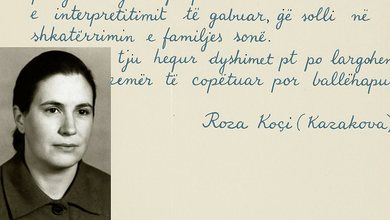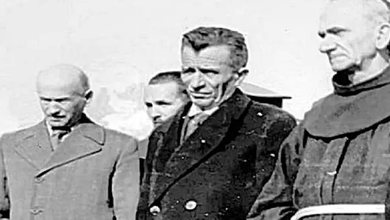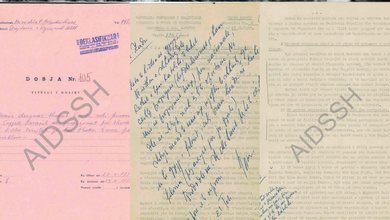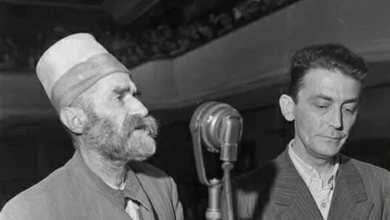
"You completely deprived me, denied me, and destroyed me forever as a writer. I will never betray this people and homeland, even though I emigrate far away," read Bilal Xhaferri's letter, left at the Greek border police post, where he surrendered after escaping from Albania in 1969.
Xhaferri was placed in processing 2/B in December 1963. In April 1964, he was transferred to processing 2/A, to be monitored for 23 years, both in the country and abroad, in the USA, where he settled after escaping to Greece in 1969.
He was taken into active processing as a suspect in organized hostile activity. His friendly circle was also investigated and persecuted.
His father Xhaferi (in whose memory he bears his surname) was shot by the partisans, for being with the National Front. According to reports, Xhaferr Hoxha was considered to be "a wealthy peasant class, because he had land and livestock" and that he "fought with arms in hand against the partisans".
Orphaned, Bilal was raised by his grandfather in Markat, Saranda. Reported data indicate that Bilal was forced to do hard labor, but he read a lot and participated in the Writers' League in his city.
Because of his biography, he was put under processing as 2/B. He was monitored everywhere, including in Rrëshen, where he met Musine Kokalari, an internee.
"A postal check will be carried out to see his character with the enemy element, like Musine Kokalari... and others interned in Rrëshen, with whom the object had close ties before the soldier arrived," the plan of agent-operative measures stated.
In a letter to his friend, Xhaferri expressed his appreciation for Musine Kokalari. The surveillance reports stated that “Musine Kokalari acts as a literary consultant, it seems that the relationship between them is normal and Bilali asks her opinion on the things he writes. The relationship is limited, as Musine remains isolated.”
Until two days before he escaped, writer Bilal Xhaferri worked in the "8 Nandori" Sukth farm sector, a worker in the Vineyard Brigade, where he was transferred after the open debate in the Writers' League.
At the Greek border police post where he surrendered, he left a letter declaring "that he was not guilty and that he loved his homeland."
The persecution of Bilal Xhaferri continued during his stay in the US. The file contains numerous elements that shed light on the dynamics of his life in his homeland, where he was condemned by the system and monitored, as well as abroad, where he was followed until he died in 1986. The file was archived on 10.04.1987, with study value.


